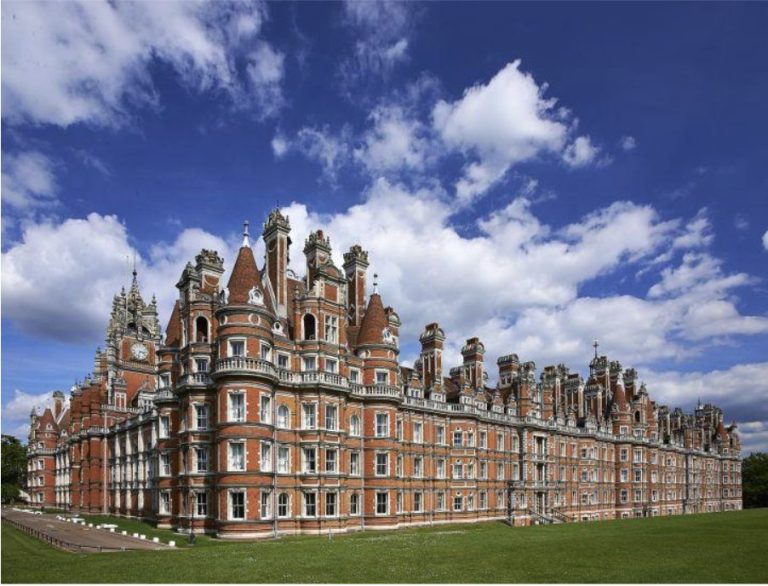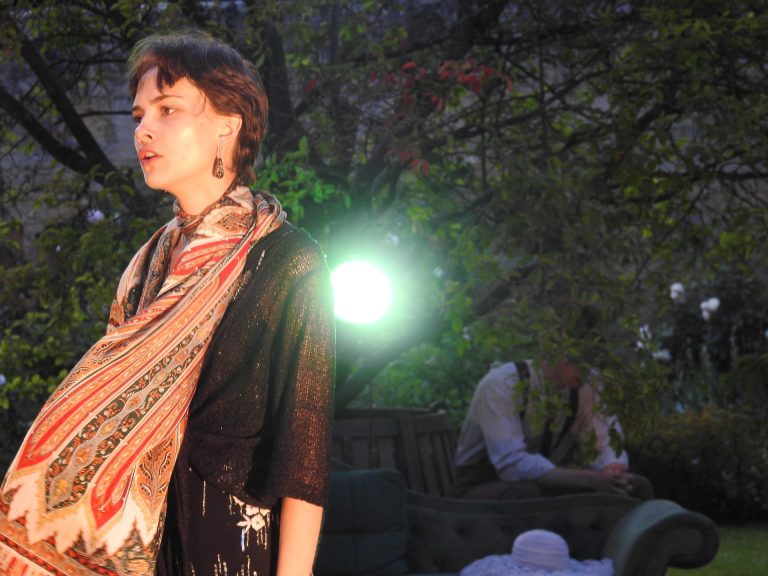You don’t think it will happen to you until it does. In fact, you don’t think of it at all, because you aren’t one of the men who are losing their hair. Then, one day, suddenly, you are. It’s the summer vac and you’re sitting on the sofa with the sun shining in. Your girlfriend comes in and says something to you about lunch. As you reply, you notice her looking at you with a frown that turns into a grimace. She points to a small area near your left temple where the sun is reflecting off your head in a way she swears it’s never done before. You tell her she doesn’t know what she’s talking about. But she comes closer and starts inspecting your head like if she was looking for lice. I think you’re losing your hair, she says. You’re going mad, you say. I’ve only just finished prelims – I’m in the prime of my life! Go and look in the mirror, she says.
From that day on, you can’t walk past a mirror without stopping and inspecting your head. You borrow your mum’s handheld mirror and hold it at different angles above your head whilst standing in front of the bathroom mirror, trying to get a direct look at that one little spot of thinning. Sometimes, during these mirror sessions, you convince yourself that it’s not true – your girlfriend made a mistake, it was just a trick of the light, or maybe it’s grown back. But in the end you always find that one angle that shows you it definitely is true. There’s no two ways about it: you are a man who is losing his hair.
Eventually you take the plunge and start googling hair loss. Quickly you find out it has a name: male pattern baldness. Instead of reassuring you, this only makes you feel worse. Male. Pattern. Baldness. You officially have a condition.
Google research leads you to a plethora of hair-loss clinics, which do transplants. You spend some time looking at these. Some of them have websites that look like they were designed by small children, with weird fonts and spelling mistakes. Others look shiny and professional, with pictures of smiling male doctors wearing lab coats and holding clipboards as they talk to hopeful-looking men without a hair on their head. You go to a part of the house where nobody can hear you, and dial the number. A woman with a kind voice picks up. You introduce yourself and blurt out, sounding way more upset than you intended, that you’re losing your hair. In her now-sympathetic voice the woman says she’s sorry to hear that, and asks if she can take some details before talking you through possible treatments. But there is something about the word treatments that makes you recoil. Hang on a minute, you say, treatments? But I’m not ill – in fact I hardly have a problem at all — it was only a tiny spot on the side of my head, it’ll probably just grow back. You tell the woman about the boy at school who had large clumps of his hair fall out only for it all to grow back a few months later. I understand, the woman says, unable to mask her scepticism. Why don’t I just send you our brochure and you can have a think about it? You hang up.
Denial fully sets in. One evening, you go upstairs and scour the internet, looking for the perfect hairstyle that, you’ve decided, will mark a new beginning in your life. Eventually you come across a picture of Ryan Gosling. Here is Ryan, standing on the beach, his muscular torso exposed, his thick blonde-brown hair swept over in a stylish side-parting. This one is perfect, you say. You print the image, fold it up, and put it in your wallet, ready for your appointment at the hairdressers the next day.
The hairdresser welcomes you with her usual smiles and friendliness. She sits you in the chair and drapes the apron over you. You take out the photo of Ryan and give it to her. She looks at it, smiles oddly, looks back at you, then back at the photo. You see her face falling. That’s not going to be possible, she says. She shakes her head as if to say it’s not worth protesting. No point denying it anymore.
When Michaelmas begins, you have a shaved head. Better to cut it off than to let it fall off, you tell yourself. You’re nervous about the comments, but, to your surprise, people are complimentary. A shaved head suits you, they say, you have the right head shape for it – maybe even you look better without hair than with. These all make you feel somewhat better. Still, you miss having hair.
And so the denial creeps back in. One day, you decide to start growing it back again. Maybe it wasn’t really that bad – after all, it was only a tiny spot that was pretty much invisible unless the sun was shining directly on your head. You let it grow. Three weeks later, you have what looks like patches of moss growing over your head. It’s not a good look. People start frowning. Why don’t you shave it all off again, someone says. Or why don’t you go to Turkey, somebody else says, I hear they do good hair transplants. Laughing it off, you tell them no, you’d rather accept your condition than fight it: there are only two types of men in this world, those who accept their hair loss and those who don’t. You shave your hair off again. Life goes on. But every couple of weeks or so, you look at flights to Turkey.











